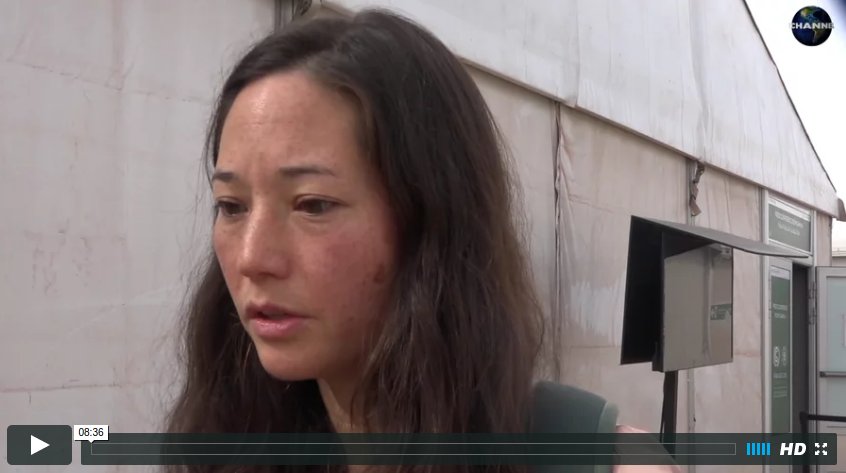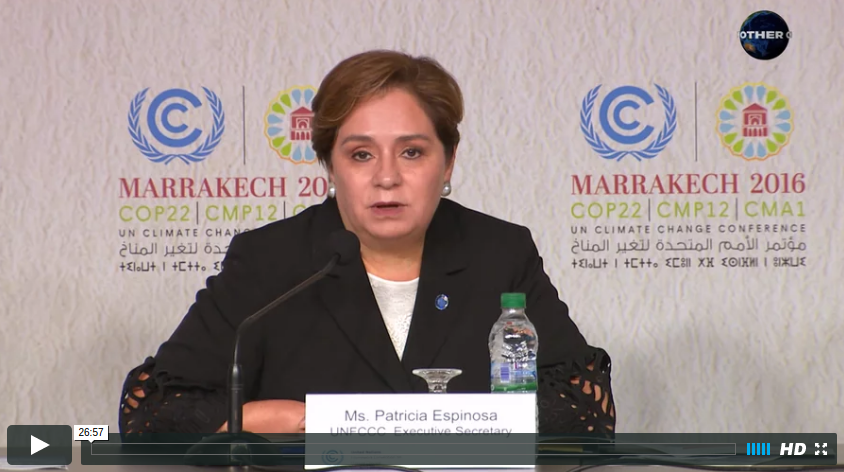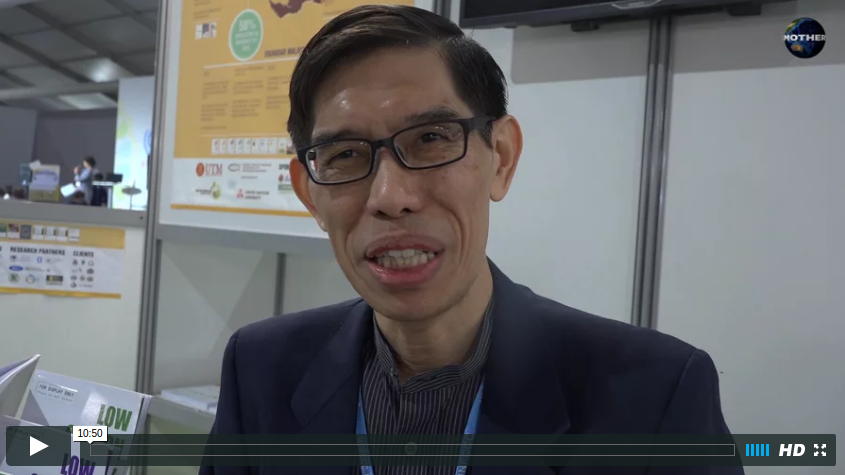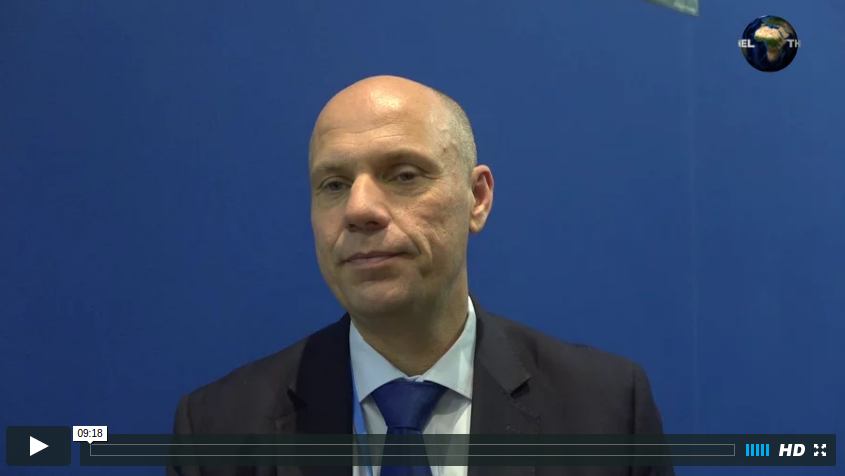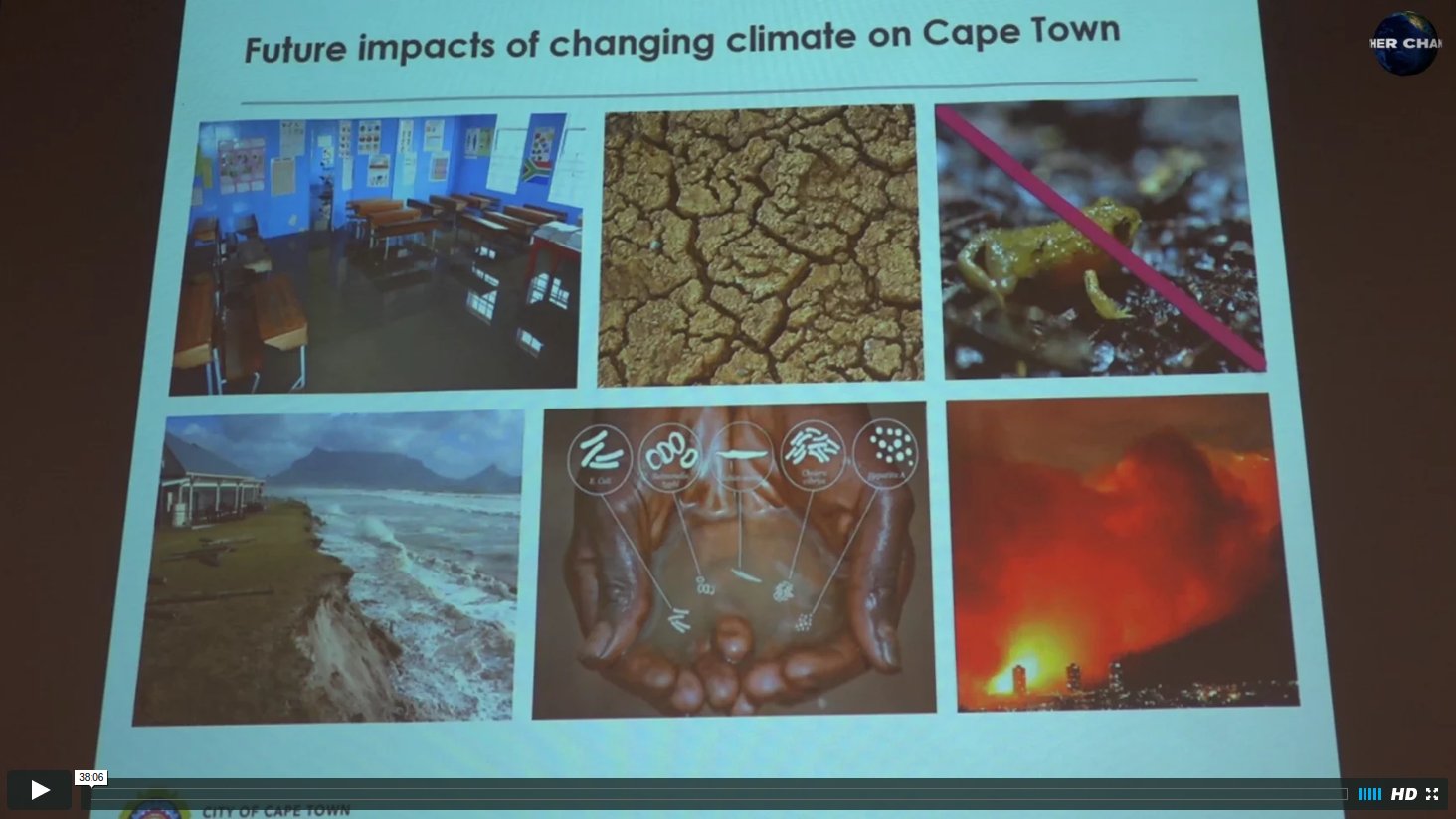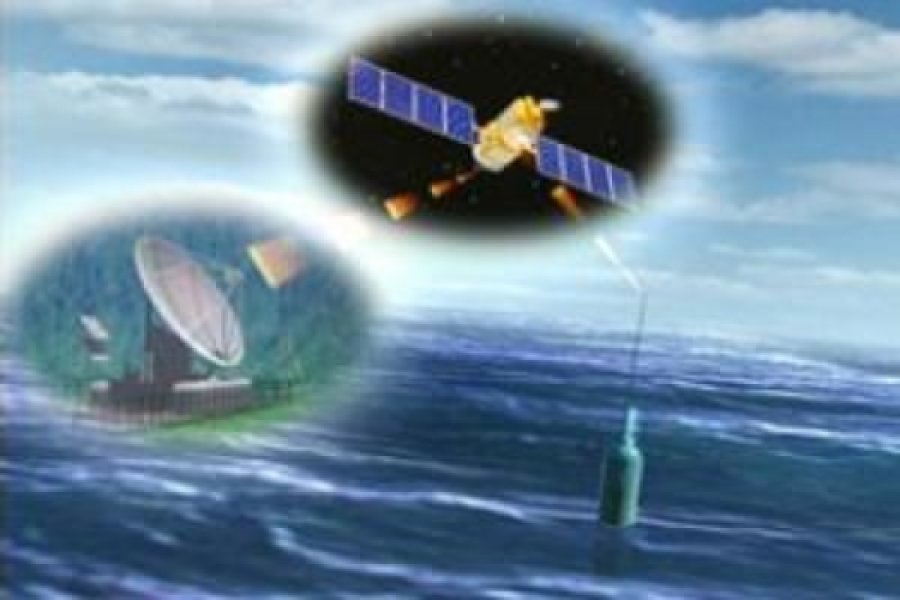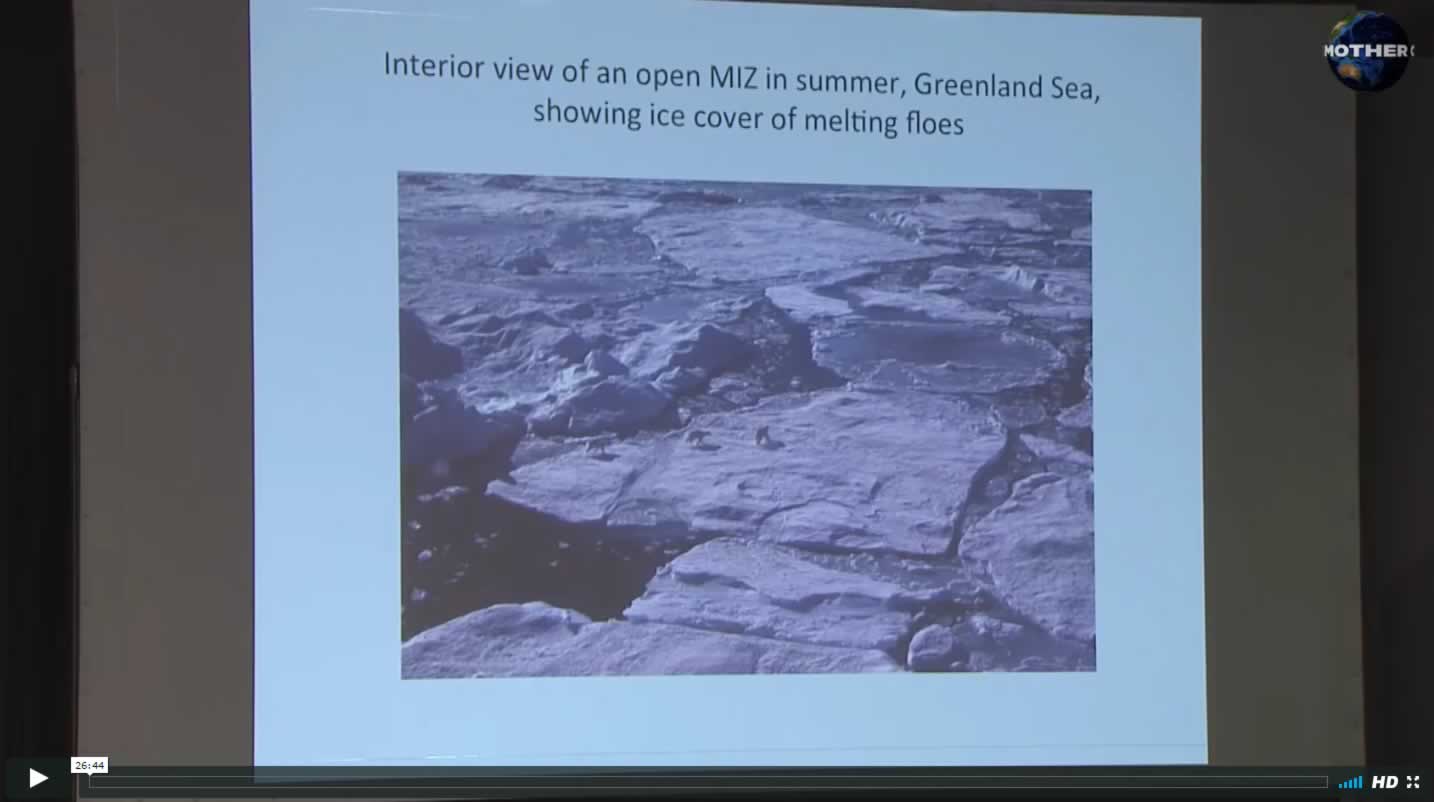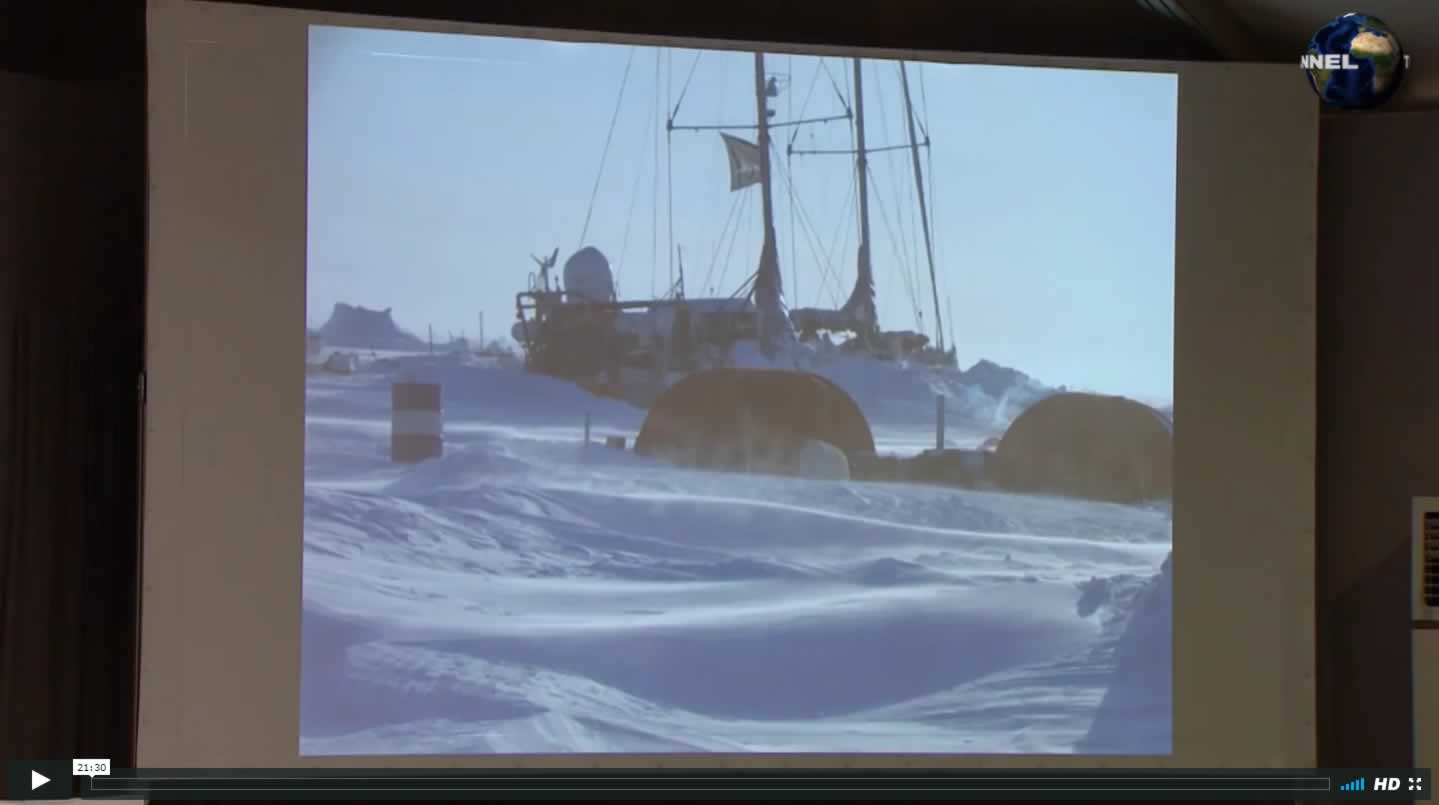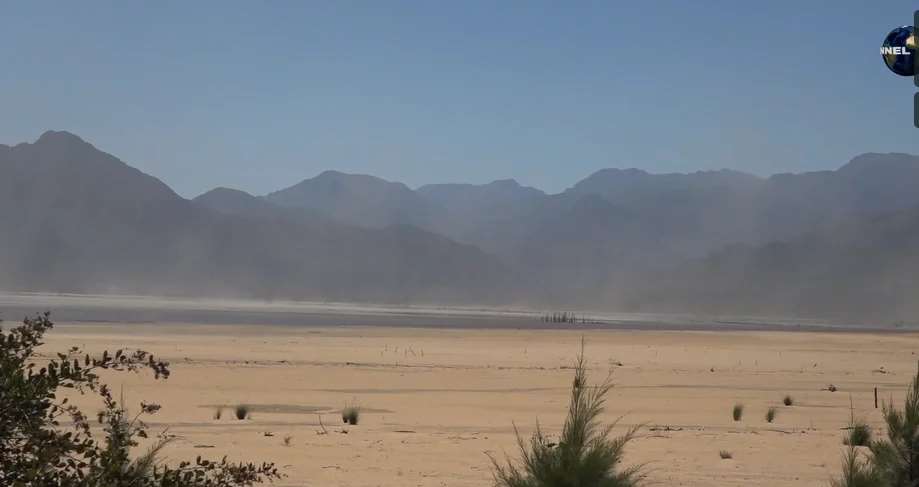- Live Stream
- Climate Change
- ENN
- Environmental Info
- Green Business
- Green Solutions
- Beautiful World
- Categories
- Articles
- Arctic & Glaciers
- Polar Regions and Glacier Reports
- Ethical Dimensions
- Global Warming
- Peatlands & Wetlands
- ENN – The Environmental News Network
- Agriculture
- Chemicals
- Conservation
- Fish Crime
- Forests
- Health
- Mountains
- Oceans
- Energy
- Money
- Green or Gone
- Nutrition
- Permaculture
- Various Solutions
- Powerful
- Watch This
- Water
- Breaking News
- Series ENN
MAERSK SHIPPING ~ GLOBAL REGULATION AND ENVIRONMENTAL TRANSITION
In this interview at COP 22, with Mr John Kornerup Bang (Head of Positioning, Risk Management and Climate Change ~ Group Sustainability at A.P. Moller Maersk Group) who talks on reducing CO2 emissions from shipping, alternative propulsion energy sources, shipping regulation and innovation. In response to your question regarding curbing of emissions from the Maritime […]
CLOSE

